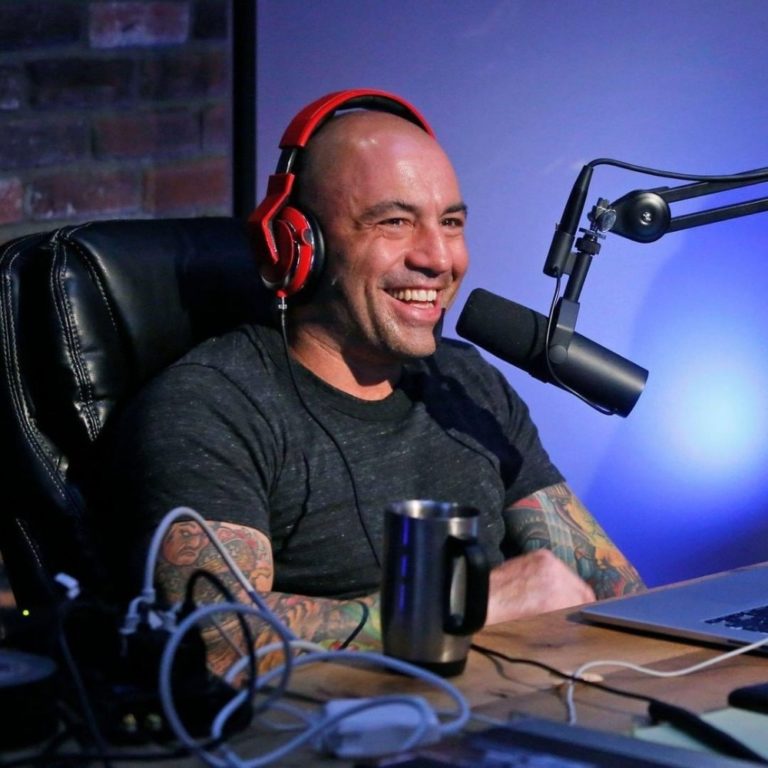
Why is this important to valuing subscription businesses? – Well, SiriusXM paid Stern a whopping 500m USD for his first five years at the company (remember, this was back in 2004).

Towards the middle of their talk Letterman states “in many ways you pioneered the modern radio culture” to which Stern interrupts, stealing the punchline, “and now I am here to destroy it”. Later on he predicts that (where the linked video starts, although I recommend watching it from the beginning) “I believe in five years, give me five years satellite radio will be the dominant medium it will be satellite, and it will be Sirius”.

He argues that “I am the first broadcaster to walk away from an empire” and that “I do not think I am committing suicide going to paid radio”. In this highly recommended appearance on the David Letterman show Howard Stern outlines his reasoning: The teaser: Howard Stern joins SiriusXMĮarlier this year, Joe Rogan’s move to Spotify for a purported 100m USD (we might just call this another form of customer acquisition costs) made big waves, but this deal pales – in financial as well as historical terms – in comparison to Howard Stern’s move to SiriusXM (back then just “Sirius” before its merger with “XM”) at the beginning of the millennia.īack in 2004 Howard Stern – then by far the most popular radio host in the US with more than 15 million daily listeners – decided to jump ship from (free) terrestrial radio to the relatively unknown upstart SiriusXM, a provider of (monthly paid) satellite and online radio services, sporting at the time a mere 700,000 subscribers. I gave a primer on this topic in a podcast with the guys of ValueDACH (in German) and want to use this series to take a deeper yet bite-sized looked into this topic. From a valuation angle this shift from a transactional to a more subscription based monetization model opens up quite a few interesting possibilities to deeper analyze and understand the value drivers of a given business: its unit economics.īy looking at the unit economics (how much is each customer/product worth) we can significantly deepen our understanding of what’s going on under the hood. Even many traditional companies are shifting their business models to gain a more recurring revenue base.

Subscription businesses are all the rage these days.


 0 kommentar(er)
0 kommentar(er)
